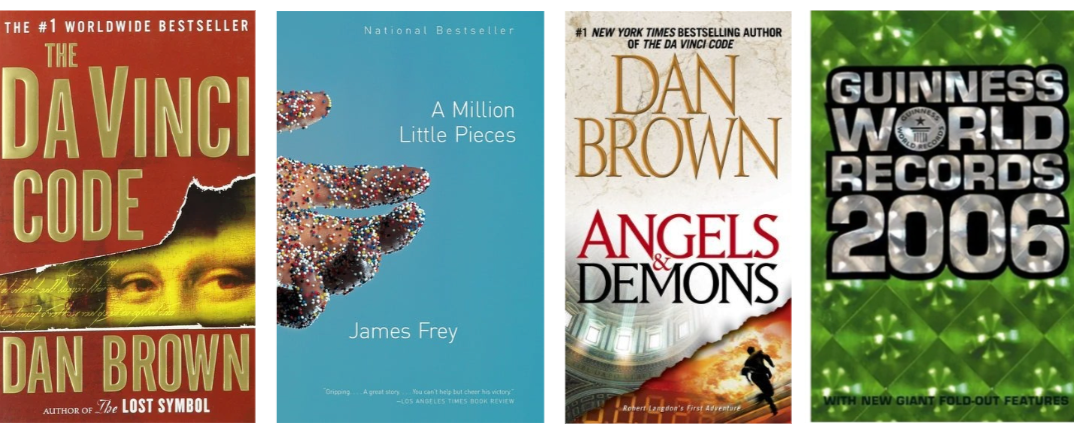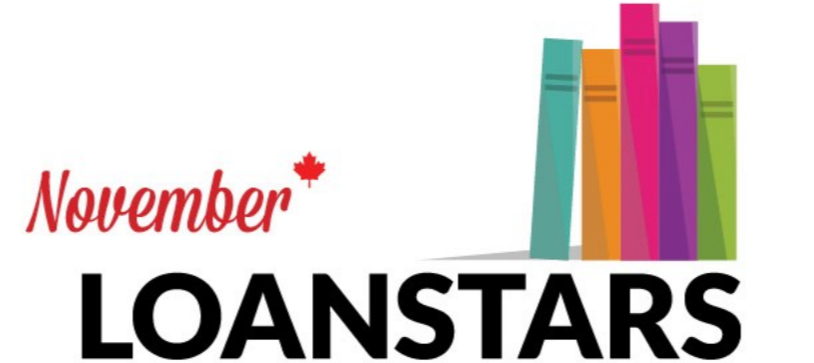Talk to anyone in the book industry and they'll tell you, the winter holidays are the best but busiest time of year for book sales. We bring you the stats you need to know for the season and we talk to Rebecca Andoff of Type Books in Toronto for the retailer perspective in our November episode.
Want to make sure you never miss an episode of the podcast? You can subscribe for free on iTunes, Stitcher, Pocket Casts, TuneIn, or SoundCloud.
Further reading
When does holiday shopping begin
How and when to reach the 2018 holiday shopper
RCC Holiday Shopping Survey 2018
Canada Post 2018 Holiday Success Guide
Transcript
Ainsley Sparkes: Hello, and welcome to the BookNet Canada Podcast. I'm Ainsley Sparkes.
Zalina Alvi: And I'm Zalina Alvi.
AS: Talk to anyone in the book industry and they'll tell you, the winter holidays are the best but busiest time of year for book sales.
ZA: When we crunched the numbers for overall print book sales throughout the year, every year for more than a decade, we've found that the holiday shopping frenzy can begin as early as 10 weeks before Christmas for Juvenile and YA titles, seven weeks before for Non-Fiction titles, and five weeks before for Fiction titles. So each genre needs a different strategy. In our last study that specifically looked at how book sales for individual subjects shift during the holidays, we found that some categories can increase by as much as 190% over the holidays, while some can actually decrease. In 2015, the subjects that saw the greatest holiday shift when compared to a baseline for the rest of the year were Games, Design, and Sports & Recreation books. Meanwhile, books in the Education, Drama, and Study Aids categories saw the biggest decreases during this time.
AS: Holiday shopping timing can also vary by generation. According to Think with Google, Canadian Millennials and Gen Xers are more likely to be last-minute shoppers, while Boomers are more likely to be either early birds or shoppers who spread their holiday shopping throughout the season. Take that into account when creating your displays in the weeks leading up to Christmas. When we look at buyer demographics for popular adult subjects, we find that mystery, romance, history, and historical fiction tend to skew older, while 1 in 4 buyers of fantasy and sci-fi books are actually in the 19-29 age range. And then cookbooks are somewhere in between. Though earlier may be better on the whole. The 2018 Holiday Success Guide from Canada Post notes that big sales and promotions are starting earlier and earlier these days. In 2017, 74% of merchants started Black Friday sales as early as Nov. 14 and 15% offered Boxing Day sales as early as Dec. 20. So sooner's better.
ZA: Retailers should also keep in mind that 48% of all book purchases in 2017 were made through physical channels while 52% were made online, which includes things like ebooks and mobile app downloads. So sales are still pretty evenly split between digital and physical bookstores. And you may be heartened to hear that the 2018 Holiday Shopping Survey from the Retail Council of Canada found that 87% of Canadians consider it important to buy from a retailer in Canada during the holiday season, with 1 in 3 saying it's more important this year than it was for them last year.
AS: But whether shoppers are buying books in-store or online, you can be sure that they're looking for book recommendations or searching for books online. In 2017, of book-buyers who said that they became aware of the book they bought through a recommendation or review, 22% said that it came from a bookseller website and 12% said it came from social media. So even though most still come from in-person recommendations or prior familiarity with an author or series, a strong online presence is still important for book sales. In 2017, 62% of Canadian book buyers were on Facebook, 44% used YouTube, 25% were on LinkedIn, 24% on Instagram, 23% on Pinterest, and 10% on Goodreads. You can find more information about book buyers on social media, including their demographics and habits, in our #AmReading research studies, which is available on our website.
ZA: Let's not forget about the Canadian shoppers who are on the lookout for gifts. In 2017, gifts accounted for 19% of all book purchases, but in the weeks leading up to Christmas that percentage jumped to 29%. Buyers are going to be browsing online or coming into stores looking for the perfect gift for that special someone or that someone they don't know quite as well, so it's our job to have lots of recommendations to help them find the best book for their needs. Whether that looks like your usual army of knowledgeable booksellers or a Facebook Messenger chatbot, is up to you.
AS: Apart from this year's buzzy books and award winners, do you know which books you should have on hand in your store or available to retailers? Perennial holiday bestsellers are the books that sell well at this time of year, every year. From our analysis of print book sales in Canada, we've found that some of the holiday perennials you can count on are the Game of Thrones box set, 1984, Rupi Kaur's Milk and Honey, Harry Potter, RJ Palacio's Wonder, The Book Thief, and Throne of Glass. You can see a full list of holiday perennial bestsellers by category on our blog.
ZA: Even with holiday shopping in full swing, Ainsley was able to get the manager of the new Type Books in Toronto's Junction neighbourhood, Rebecca Andoff, on the phone to talk about their approach to holiday bookselling.
(interview)
AS: Thanks to Rebecca for joining us on this month's podcast. And good luck with the next few weeks of holiday shopping!
ZA: You can find lots of links to the blog posts and studies mentioned in the podcast in our show notes. Thanks to the Government of Canada for their support for this project through the Canada Book Fund. And of course thanks to you for listening.














The latest news out of the European Commission.